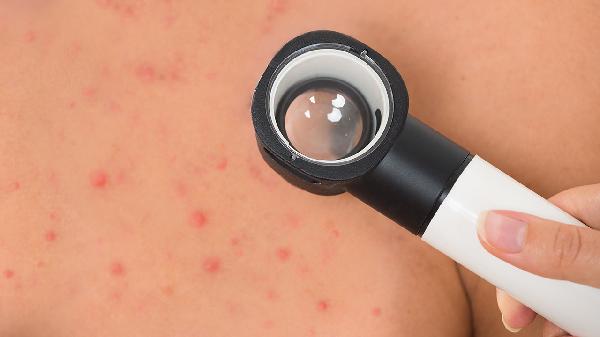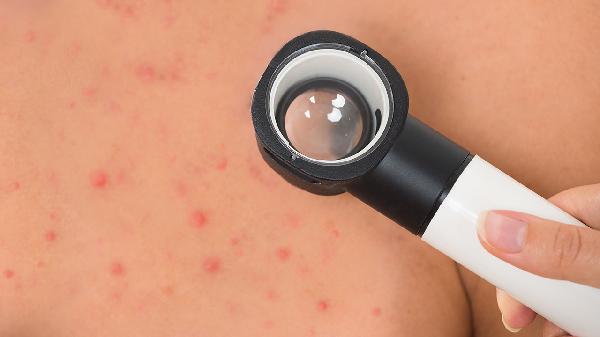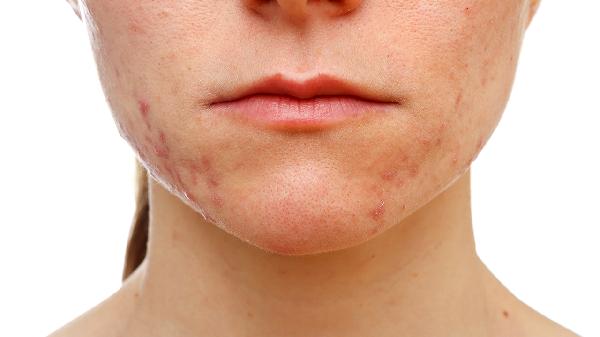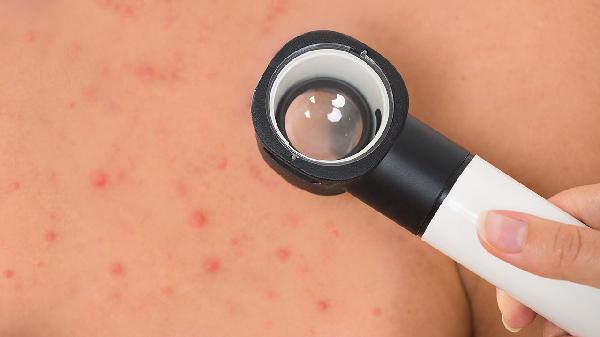Spring has arrived, and everything is coming back to life. Pollen, willow catkins, and dust mites are also "returning to work." For those with allergies, this is not good news. Sneezing, runny nose, itchy skin... these symptoms can be unbearable. So, in this high season for allergies, how can we prevent allergic diseases? Don't worry, today we'll talk about this topic, making it easy for you to handle allergy season.

1. Know your allergens, understand yourself and your enemy
The first step in preventing allergies is to know what your allergens are. Common allergens include pollen, dust mites, animal dander, and mold. You can determine which substances you are allergic to through allergen testing. Only by identifying your allergens can you take targeted measures.
2. Keep your home clean, reduce dust mites
Dust mites are one of the most common indoor allergens, especially in humid environments. Regularly clean your home, especially bedding like sheets, pillowcases, and pillows, preferably washing them in hot water once a week. Using dust mite-proof bedding and air purifiers can also effectively reduce dust mite proliferation.
3. Protect yourself when going out, avoid pollen exposure
Pollen is one of the main culprits of spring allergies. When going out, wear a mask and glasses to reduce pollen contact with your respiratory tract and eyes. After returning home, change clothes promptly, wash your face and hands, and avoid bringing pollen indoors. Try to go out during times when pollen levels are lower, such as after rain or in the early morning.
4. Adjust your diet, boost your immunity
Diet also plays a role in allergy prevention. Eat more foods rich in vitamin C and antioxidants, such as citrus fruits, leafy greens, and nuts, to enhance immunity and reduce allergic reactions. Avoid foods that are likely to trigger allergies, such as seafood, nuts, and milk, especially if you are known to be allergic to them.
5. Exercise appropriately, strengthen your physique
Moderate exercise can enhance your physique, improve immunity, and reduce the occurrence of allergies. However, be careful to avoid exercising in areas with high pollen concentrations, such as parks and grassy fields. You can choose indoor activities like yoga or swimming.
6. Use medication to relieve symptoms promptly
If allergy symptoms have already appeared, timely use of anti-allergy medication is necessary. Common anti-allergy medications include antihistamines and nasal sprays. However, medications should be used under the guidance of a doctor to avoid long-term dependence.
7. Psychological adjustment, maintain a good mindset
Allergy symptoms not only affect physical health but also put some pressure on mental well-being. Maintaining a positive and optimistic attitude, learning to relax and regulate emotions, can help alleviate allergy symptoms. You can relieve stress through meditation, deep breathing, and other methods.
Although the high season for allergies can be a headache, as long as we take the right preventive measures, we can effectively reduce the occurrence of allergies. Understanding allergens, keeping your home clean, protecting yourself when going out, adjusting your diet, exercising appropriately, using medication, and psychological adjustment are all effective ways to prevent allergies. We hope these tips will help you have a more relaxed and enjoyable allergy season. Remember, prevention is better than cure, so take precautions and stay away from allergy troubles!
























